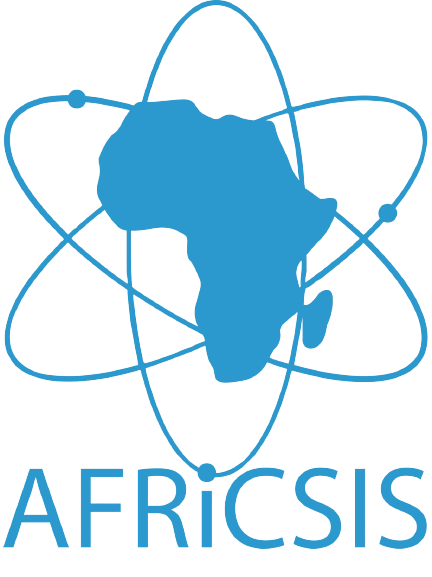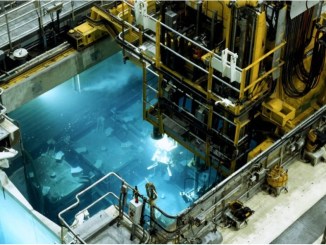Nonproliferation and Disarmament Program (NDP)
The African Center for Science and International Security Nonproliferation and Disarmament Program (NDP) increases international understanding of some of the important nuclear energy and nuclear weapons questions in Africa. It strives to foster and strengthen efforts of states and their partners to increase global security.
NDP comprises projects on nuclear security, nuclear energy development, disarmament verification, and nonproliferation of nuclear weapons and their delivery systems. NDP web resources encompass relevant publications, educational tools for the public and media, and links to our partners and sponsors.


NDP Mission
The threat posed by the spread of nuclear, chemical, and biological weapons and their delivery systems is one of the key security challenges of the twenty-first century. Meeting the threats requires solid technical and scientific data and analyses. In this context, the NDP program puts technical information into a nonproliferation and disarmament context to enhancing the security of the countries and the world. The program provides the press, public and policy-makers with information and analysis on the status and developments of nonproliferation and disarmament issues. In addition, the program seeks to encourage a stronger congruence of nonproliferation and arms-control policies.
NDP Goal
The Nonproliferation and Disarmament Program contributes to achieving sustainable international peace, security and development by promoting research and education of nonproliferation and disarmament topics.
NDP Method
To meet this goal the Nonproliferation and Disarmament Program works in the following project areas:
1. Transparency. Improve dialogue and deliberation over an understanding of key nuclear science and technology issues and challenges by promoting transparency in research, policy decisions, and building trust and communication between scientists, policy makers, and the public.
2. Technology. Create tools to aid researchers, scientists, and policymakers in better understanding complex issues and systems.
3. Inquiry. Facilitate better scientific and public understanding of key technological and applied science issues through undertaking and supporting systemic, multidisciplinary research that utilizes principles of scientific inquiry.
4. Policy. Promote policy to further regional and international nonproliferation and disarmament efforts and advocate for political processes that engage key stakeholders and scientists in deliberations.
5. Partnership. Develop long term, multidisciplinary collaborations and partnerships between African and foreign think tanks to advance regional and global nonproliferation and disarmament initiatives.

